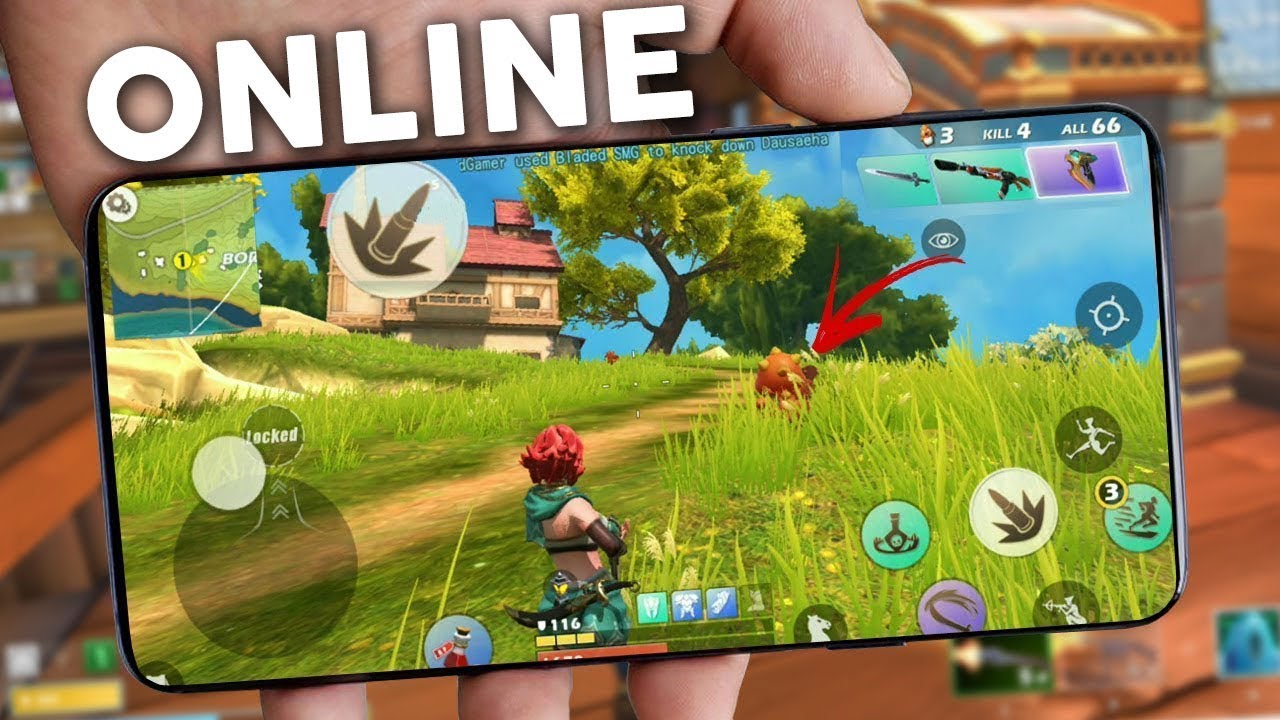The realm of online games has undergone a transformative journey from simplistic, pixelated adventures to highly immersive, visually stunning virtual worlds. This evolution is a testament to the rapid advancements in technology and the growing appetite for interactive entertainment. Online alternatif jago189 gaming has become a global phenomenon, influencing various aspects of culture, economy, and technology.
The Rise of Online Gaming
Online gaming traces its origins back to the late 20th century, with the advent of early multiplayer games that allowed users to connect via local networks. Games like “MUD” (Multi-User Dungeon) in the 1970s and “Maze War” in the 1980s were among the first to introduce the concept of players interacting in a shared virtual space. The 1990s saw the emergence of the internet, which revolutionized online gaming by enabling global connectivity. Titles like “Diablo” and “Ultima Online” paved the way for the massively multiplayer online role-playing games (MMORPGs) that dominate the market today.
The Variety of Online Games
The diversity of online games is staggering, catering to a wide array of interests and preferences. From fast-paced first-person shooters (FPS) like “Counter-Strike” and “Call of Duty” to strategic multiplayer online battle arenas (MOBA) like “League of Legends” and “Dota 2,” there is a genre for every type of gamer. Simulation games such as “The Sims” and “Second Life” allow players to create and control virtual lives, while sandbox games like “Minecraft” offer endless possibilities for creativity and exploration.
Casual games, often played on mobile devices, have also seen a surge in popularity. Titles like “Candy Crush Saga” and “Angry Birds” attract millions of players with their simple yet addictive gameplay. Additionally, the rise of esports has turned competitive gaming into a spectator sport, with games like “Fortnite,” “Overwatch,” and “Valorant” drawing large audiences and significant prize pools.
Technological Advancements
The progression of technology has been instrumental in shaping the online gaming landscape. High-speed internet, powerful graphics processors, and sophisticated game development tools have enabled the creation of detailed, realistic game environments. Virtual reality (VR) and augmented reality (AR) technologies are pushing the boundaries of immersion, allowing players to experience games in entirely new ways.
Cloud gaming services like Google Stadia and NVIDIA GeForce Now are also changing the way games are accessed and played. These platforms eliminate the need for high-end hardware by streaming games directly to users’ devices, making gaming more accessible to a broader audience.
Social and Cultural Impact
Online gaming has evolved into a significant cultural phenomenon, influencing social interactions and communities. Multiplayer games foster collaboration and competition, creating a sense of camaraderie and rivalry among players. Social features such as voice chat, messaging, and in-game events facilitate communication and cooperation, enhancing the overall gaming experience.
The gaming community has grown into a vast, diverse ecosystem that extends beyond gameplay. Platforms like Twitch and YouTube allow gamers to stream their gameplay and engage with audiences, turning gaming into a form of entertainment akin to traditional sports and media. Influencers and professional gamers have garnered massive followings, contributing to the mainstream acceptance of gaming culture.
Economic Impact
The online gaming industry is a powerhouse in the global economy, generating billions of dollars in revenue each year. The sale of games, in-game purchases, subscriptions, and advertising are primary revenue streams. The rise of mobile gaming has further expanded the market, with free-to-play models supported by microtransactions becoming increasingly prevalent.
The economic impact extends to job creation in game development, marketing, esports, and content creation. Major gaming companies like Tencent, Activision Blizzard, and Sony are among the most valuable and influential in the tech sector, driving innovation and investment.
Challenges and Future Prospects
Despite its successes, the online gaming industry faces several challenges. Issues such as cyberbullying, addiction, and the digital divide highlight the need for responsible gaming practices and inclusive access. Regulatory concerns, particularly around loot boxes and gambling elements in games, are also areas of ongoing debate.
